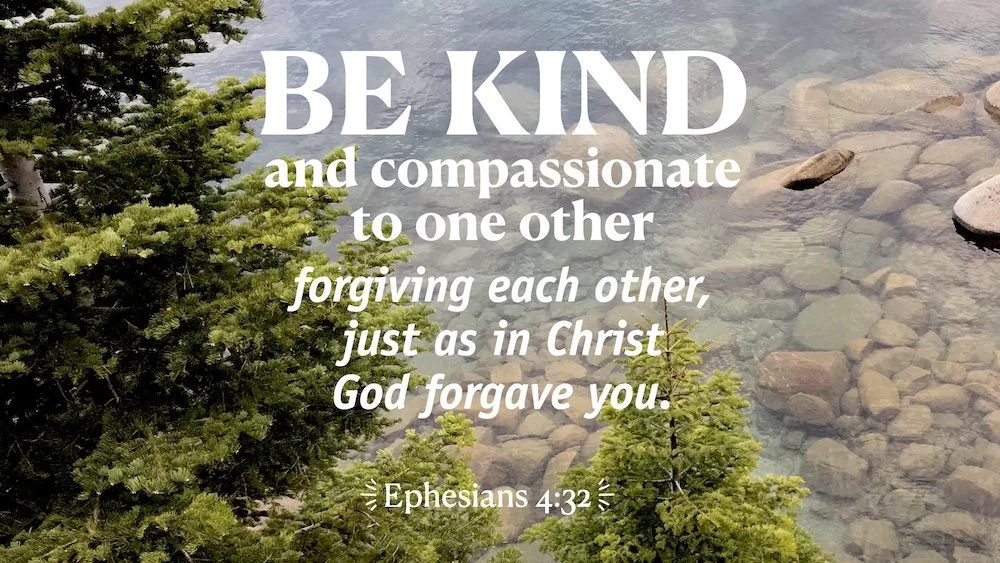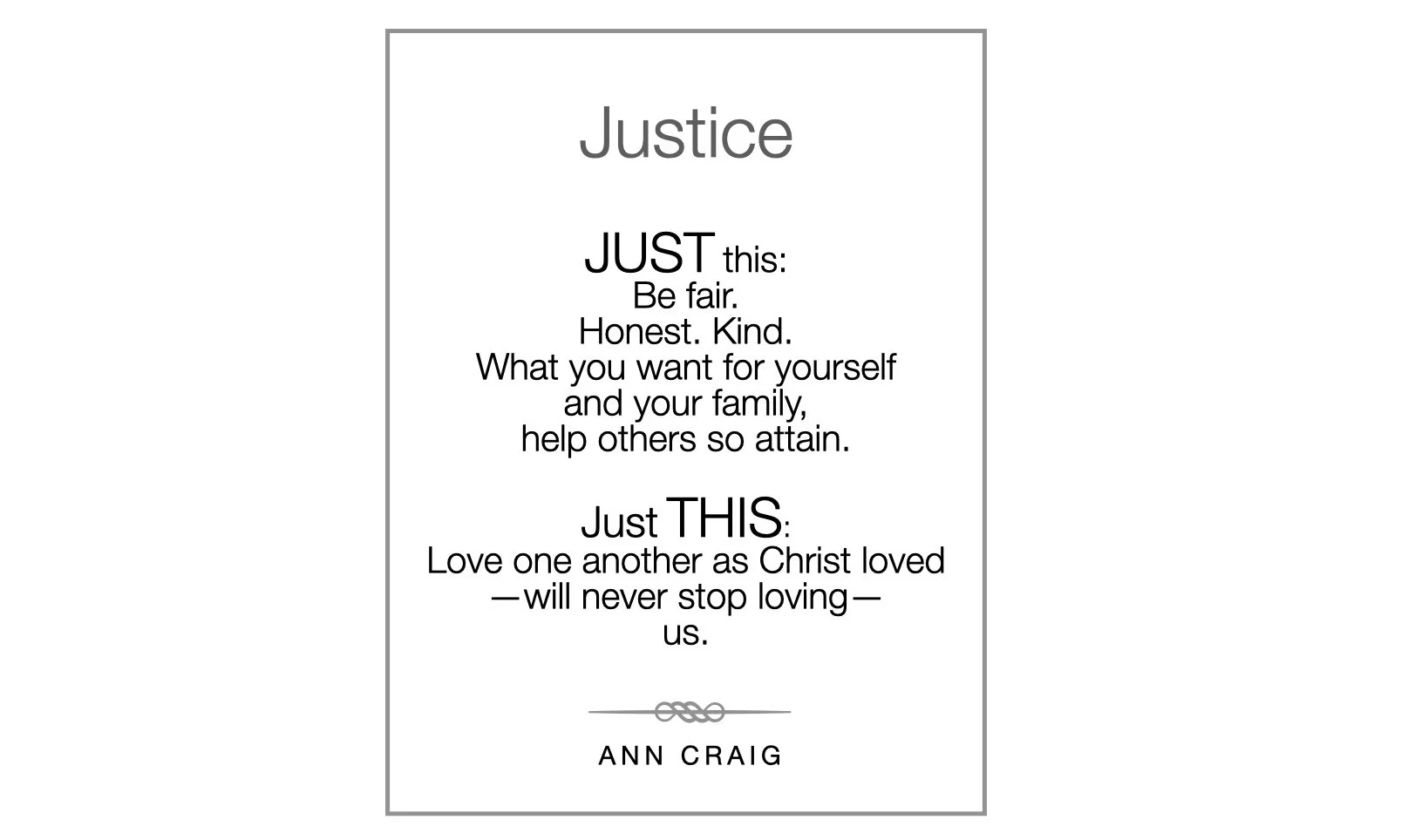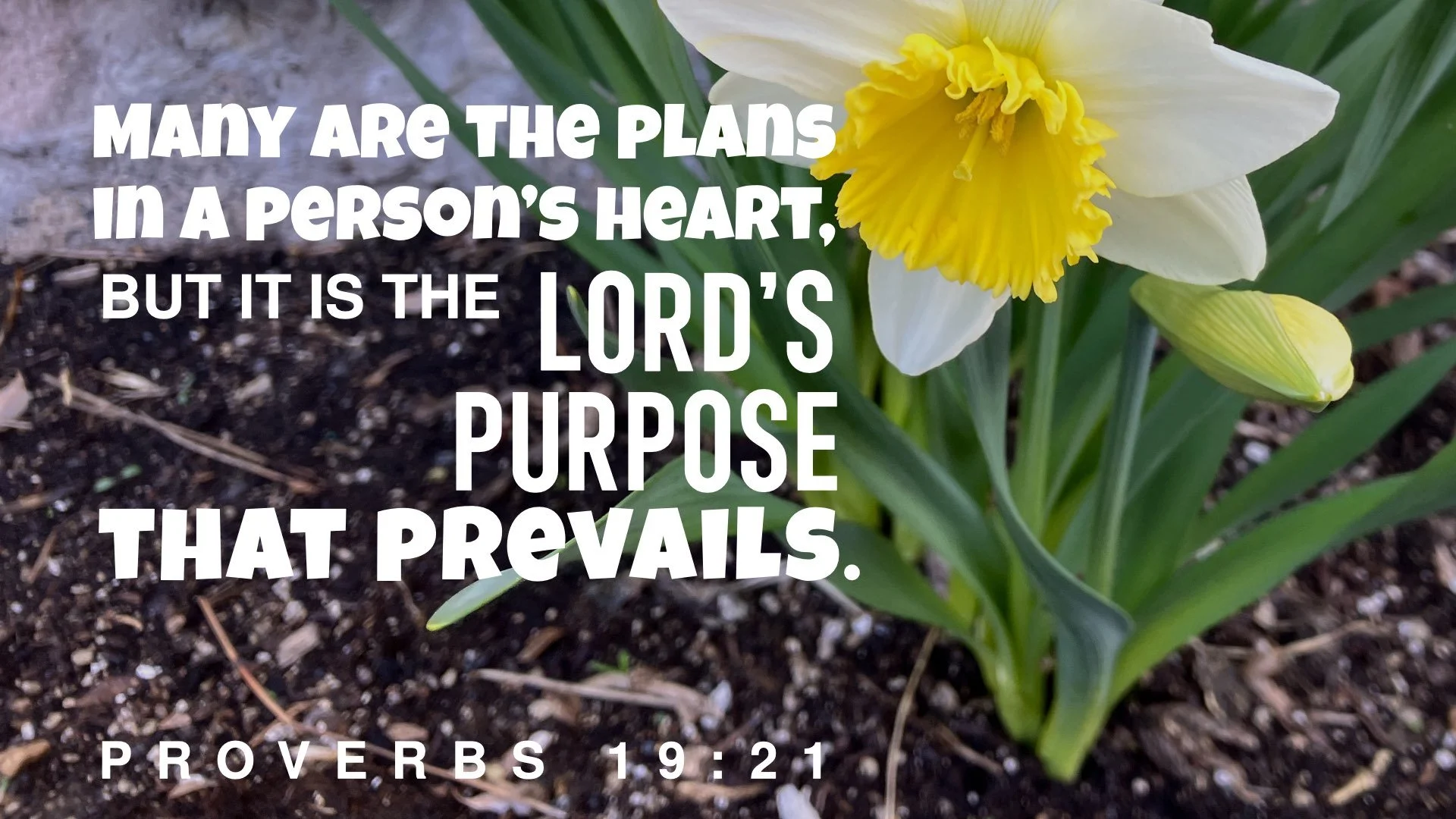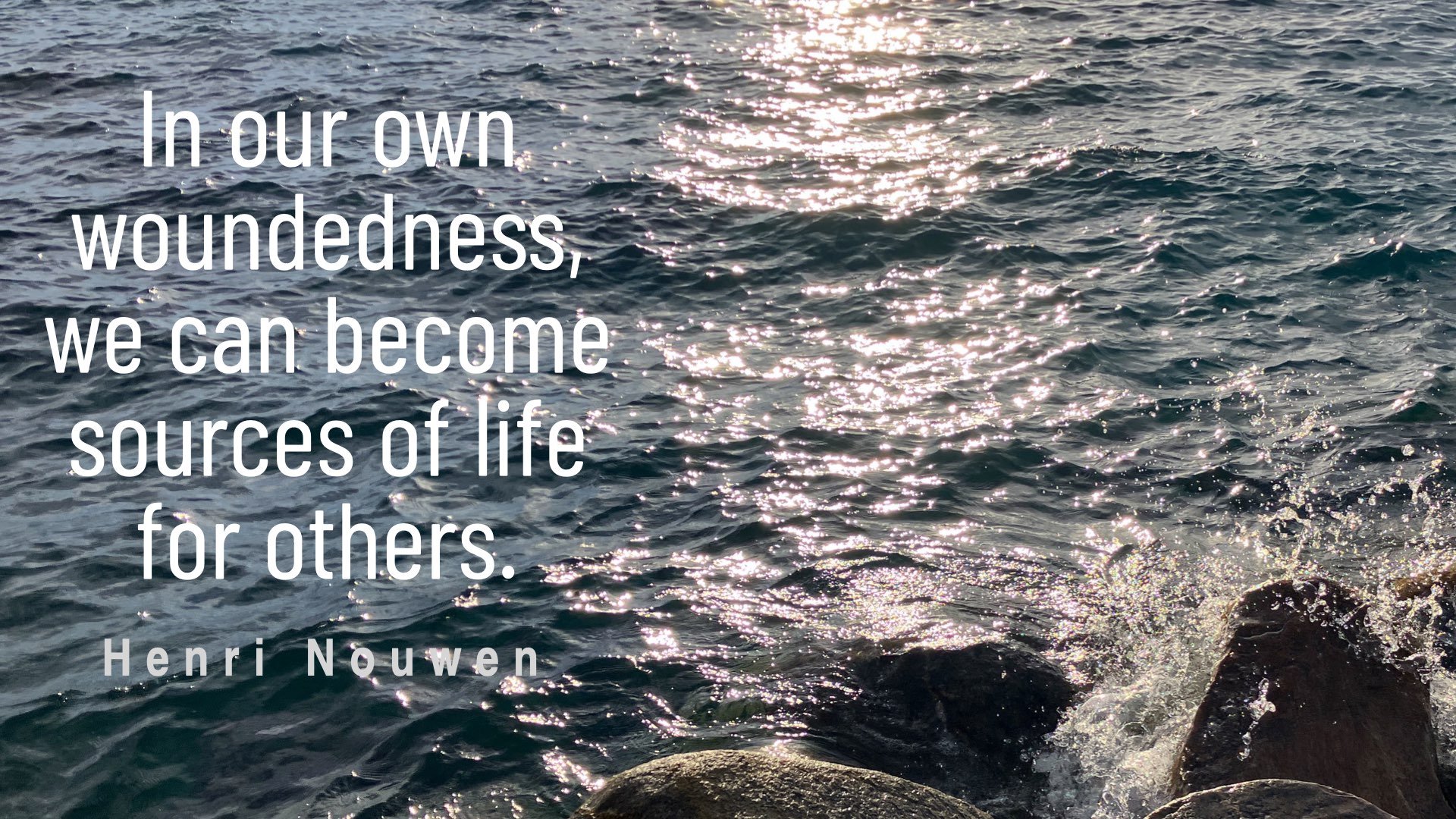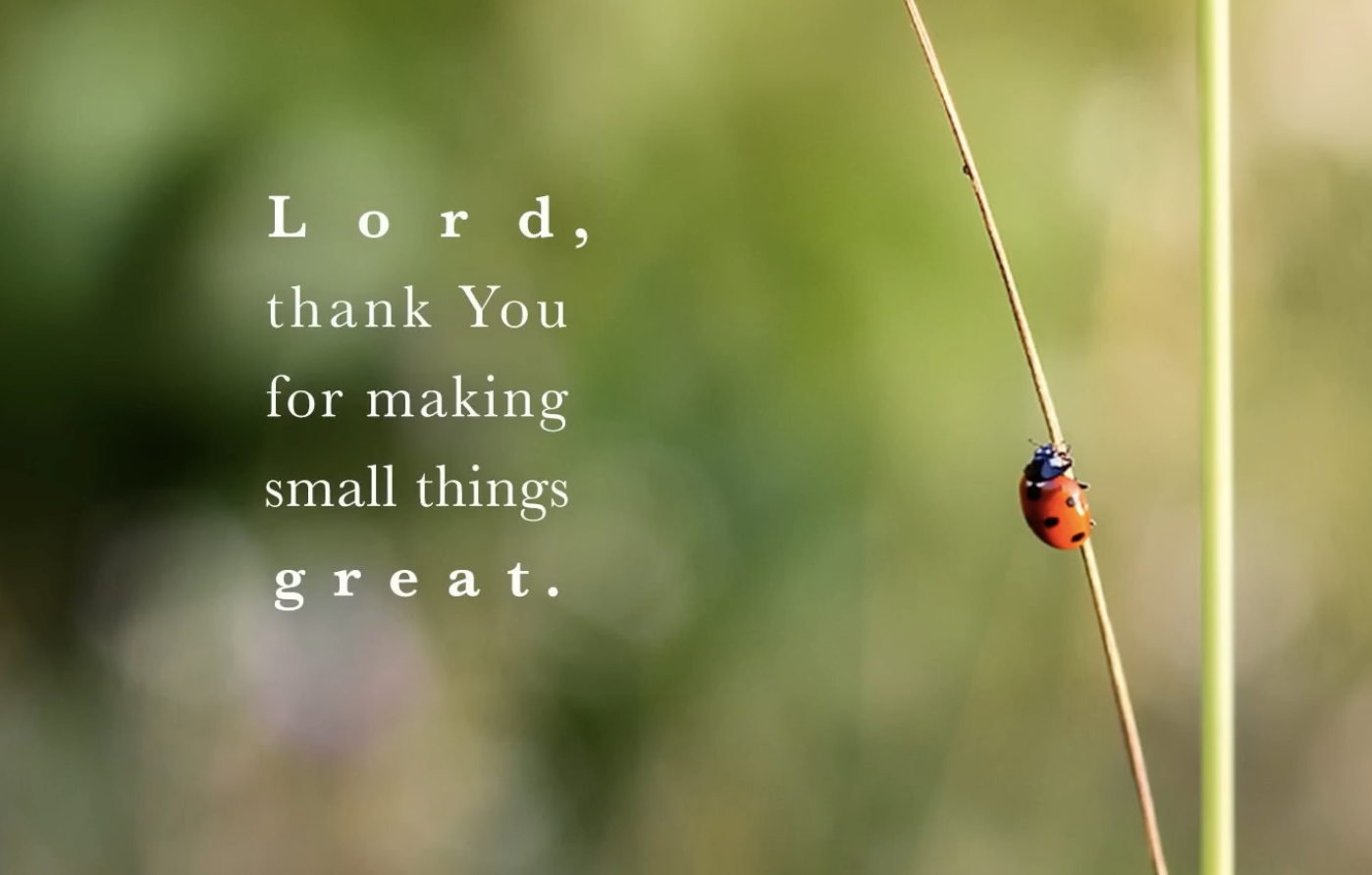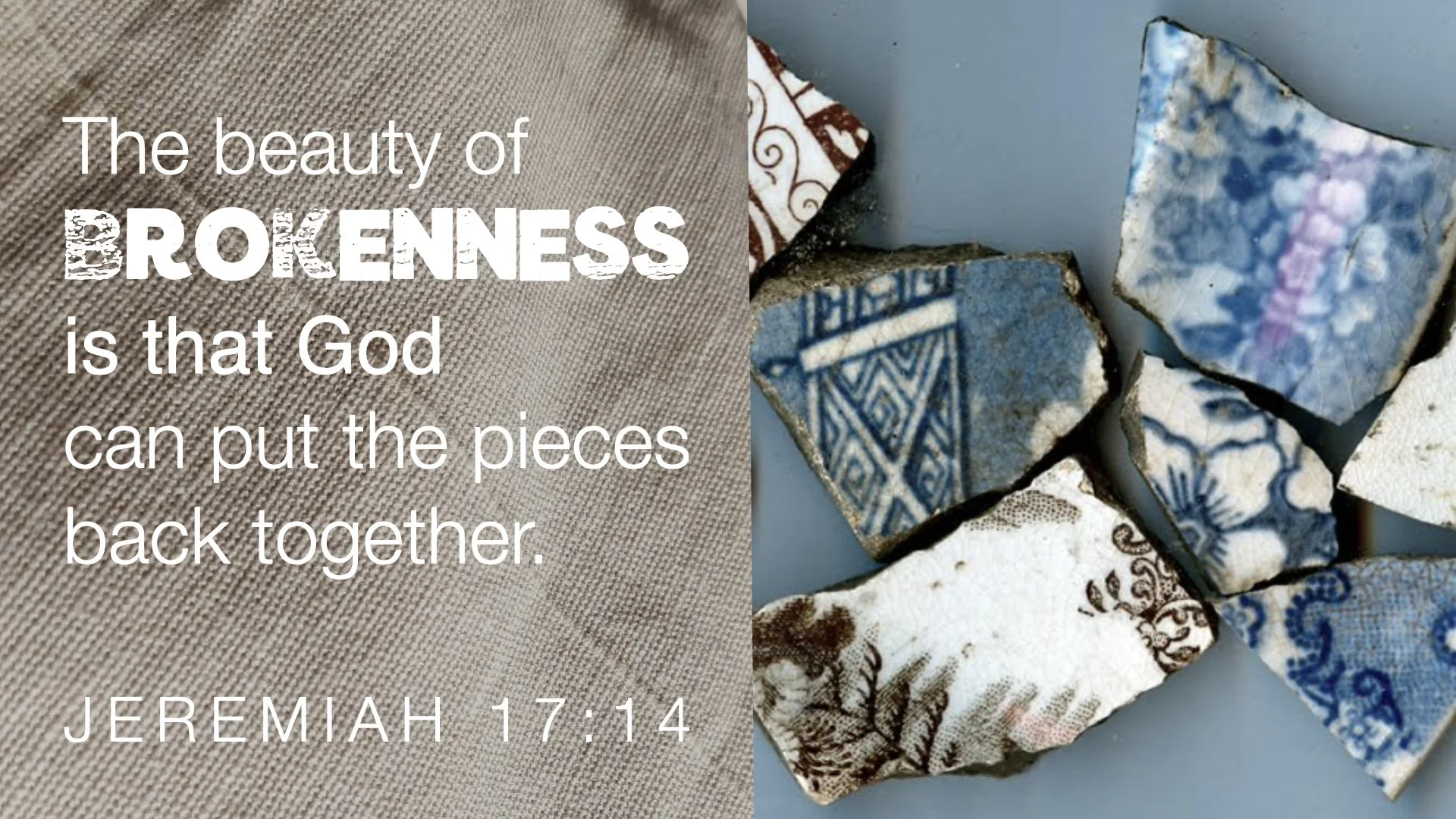Today is Black Friday, with all of its so-called deals, "officially" (to the world, anyway) launching the Christmas season.
We church-goers, of course, know that the true start of the season is the first Sunday of Advent—this year, December 1. Advent comes from the word adventus ("arrival") and marks the time leading up to Jesus's birth, a time of reflection, hope, and renewal. Each week, a different candle is lit to remind us of the promised Christ Child: the candle of hope, the candle of love, the candle of joy, the candle of peace ,and finally, on Christmas Eve, the Christ candle.
In his years at Bethany, Rev. Lew Rooker liked to have the hymn "People Look East" sung every first Sunday in Advent. (A few of us jokingly called it "the tidying song.") It was a reminder, he said, that we owed it to Jesus to have not just our worldly houses in order, but our hearts as well.
As we enter this time of preparation for Christmas, let us look around us for sadness that we can help lessen through kind words and comfort ... for hunger that we can help assuage through food both physical and spiritual ... for those lost whom we can help find a place in this often-anxious world. Because "Love, the guest, is on the way."
—Cathy Betts Sapunor
"People, look east. The time is near
Of the crowning of the year.
Make your house fair as you are able,
Trim the hearth and set the table.
People, look east and sing today:
Love, the guest, is on the way."


